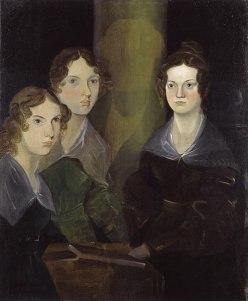Writers are a conservative lot, in many respects.Consider the epigraph.I’ve written about this before—in modern-day publishing epigraphs require permission to reuse and serve little purpose beyond two negotiable factors: to prove the writer is well-read, and that someone else just summed up your chapter in a single sentence.Most modern books have stopped using epigraphs, but scholars read old books produced before aggressive copyright laws.There is a trick you can use, however, that brings an epigraph into the realm of the fair use doctrine.It involves moving it into the body of your chapter.Make it a quote.Comment upon it.For all their research skills, many academics do not take advantage of easily found advice on academic publishing.Just ask an editor.
We all, I’m sure, have tunnel-vision.Life is so incredibly busy and demanding that choices have to be made.For most academics publishing is part of the rubric for tenure.Perishing is the only other option.Been there.Done that.Those of us who make a more modest living on the other side of the book sometimes write for different reasons.We may need to supplement our income (as if academic publishing really ever helps with that!), and thus we must pay attention to the finer details of the business.Write what people want to read.Think like a reader.And, yes, get rid of the epigraphs.We know you’re smart; you’ve written a book.Another reason for writing beyond the tenure-dome is the compulsion.The need to do it.
While the struggling artist is a tired trope, it’s also true.Many of the writers most admired today had lifetimes of struggle and obstacles which often stopped them too soon in life’s tracks.I often think of the Brontë sisters.In a family apparently cursed with premature death, living in a time when women writers were rare, three sisters set themselves the task of becoming novelists.Not one of them lived to forty.Anne, who wrote The Tenant of Wildfell Hall, made it to twenty-nine.Emily, author of Wuthering Heights, died at thirty.Charlotte,who gave the world Jane Eyre, survived to thirty-nine.They defined, in many ways, the English novel.And while they lived to see some measure of success in their brief lives, they wrote against the obstacles of life and the specter of early death.Writing is a passion.A craft.And even academic authors provide a favor to the world if they do it well.

Brontë sisters by brother Branwell
